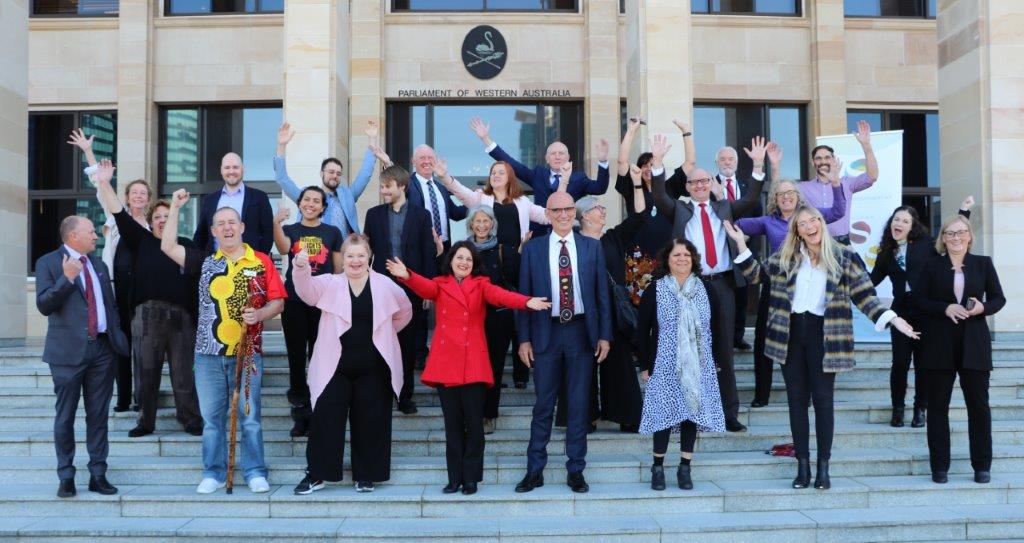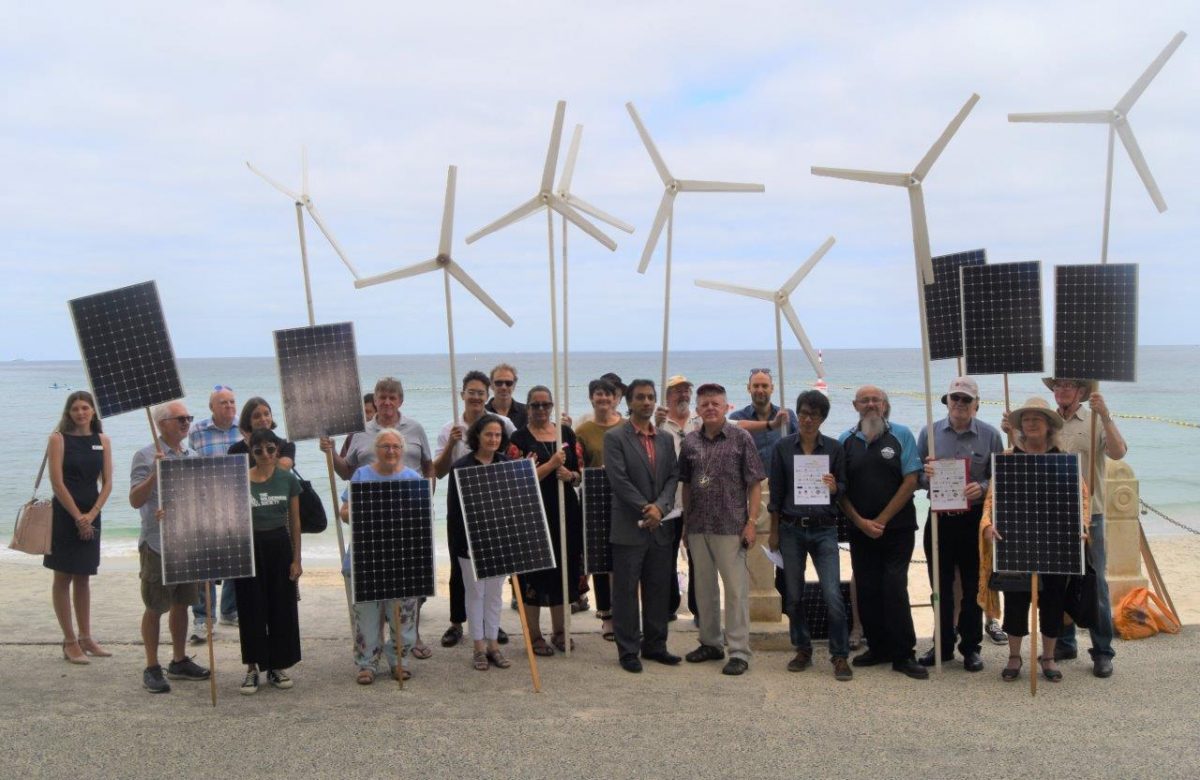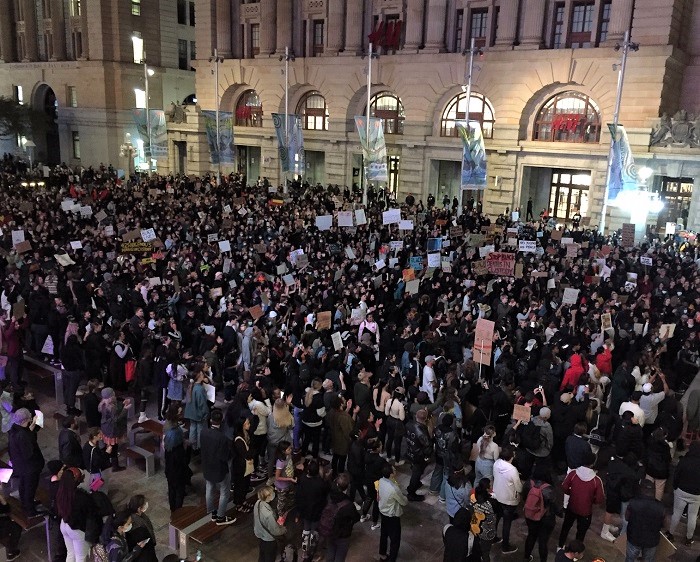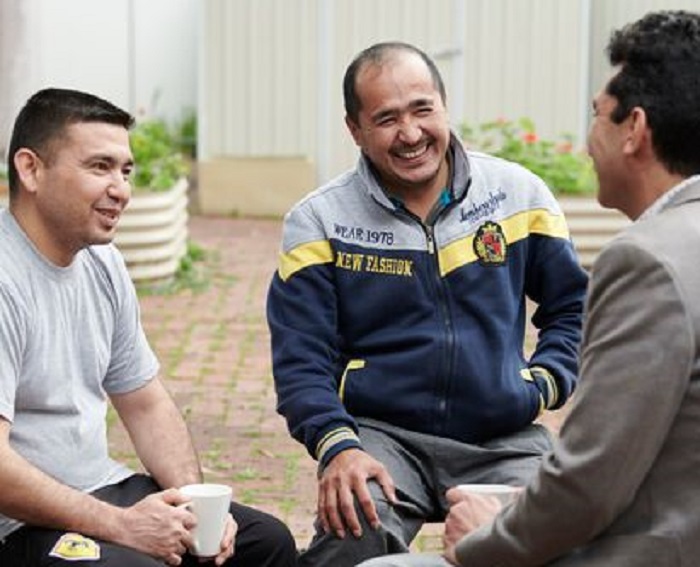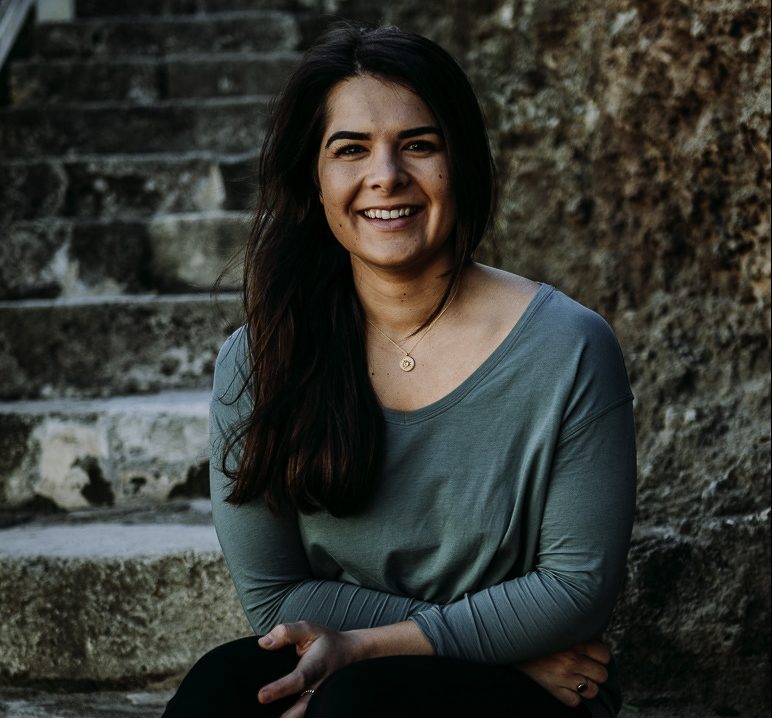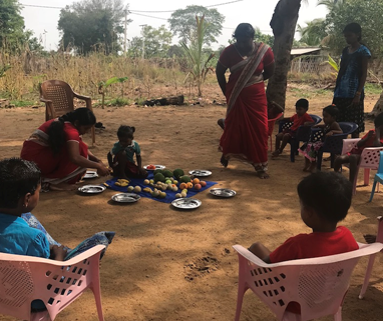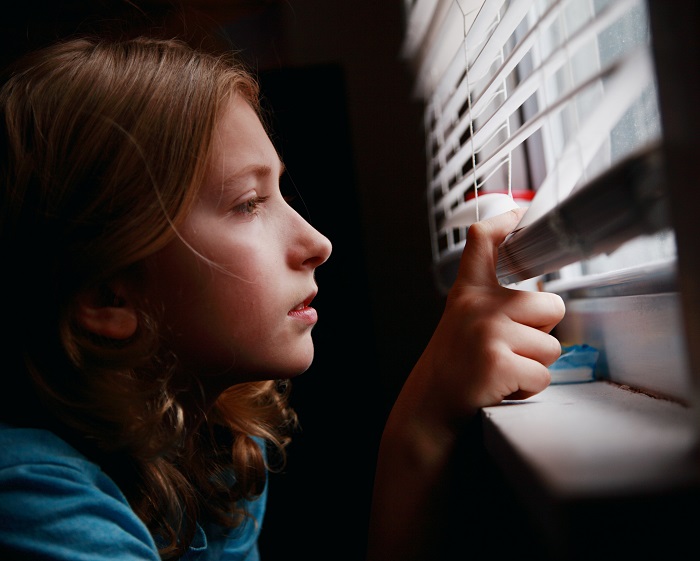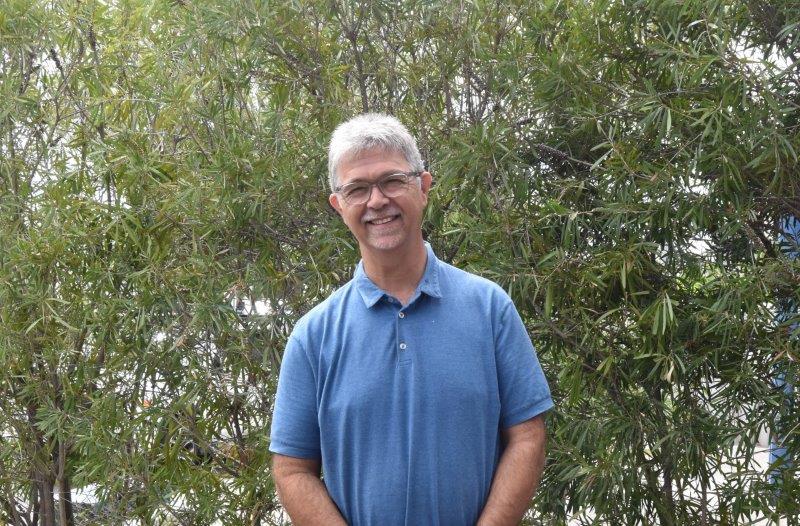John Berger is the new Executive Officer – Agencies, for the Uniting Church WA. He will be working with Uniting Church WA congregations and agencies to build relationships and share opportunities for connection and growth. He has come to this role from being the CEO of St Bartholomew’s House for six years. He is also currently the Chairperson of the End Homelessness WA Alliance, and a member at The Billabong Uniting Church.
John reflects on this role.
The Christian life is a journey of parallels. At times there are great blessings and at times great challenges. My life’s work has very much reflected these parallels. God has taken me into some unique experiences and job roles over my career.
However, at the core of this has been my resolve to keep God at the centre of it all. I grew up in a working class and Christian family. From an early age, and with encouragement from fellow brother and sisters, I sensed the need to be led by the spirit. I finished High School with straight As in Maths and Science, but found myself being called to work with people.
My family didn’t cope with this – as this was not ‘real’ work. Real work would be doing a trade like my brothers or if I had to go to University – doing something like Engineering.
Despite this, I felt the calling to help others and found myself experiencing a deep peace about this decision. This has led me to a path of working with some of the most vulnerable people within our community in roles such as child protection and foster care, poverty and homelessness and ultimately as a Chief Executive Officer.
Despite all these experiences, one driving focus for me has been the voice of the people with lived experiences and my capacity to form relationships and journey together. I take heart from another fellow Christian writer who reflects on the journey of Jacki Pullinger who spoke about “softening your heart but hardening your feet”.
And yet the trouble is, it’s so easy to have a hard heart (compassion fatigue) and soft feet (taking the easy way out.) As Christians, we are challenged to love the poor and seek justice. But, how do you love the poor? What is your reference point and what does that actually mean? And how do we harden our feet to respond to the injustice that we perpetuate in our society to allow poverty and homelessness to continue?
Why are we not outraged in a country as rich as Australia – why do we allow people to live on the margins and live without a home?
As Jackie Pullinger stated: “My message is always the same; it’s how to get us sure enough of God’s love, so we can go out and share it with the lost. Having tasted his love all I wanted to do was share it until I died.”
So how does this influence me?
Firstly, I find myself listening deeply to the stories and lives of the people I work with. I respond to them as people (not clients), each with a unique story and show compassion (soft heart) to them. Secondly, I challenge our world view and see that I am part of the problem – that I tolerate allowing people to suffer and remain in their circumstance such as homelessness. This is a tough call as I have to stand up and advocate for change. This has led to making many changes in the way I work and more recently has guided me to be part of a social movement to end homelessness in WA.
This journey has given me many great blessings while continuing to face many challenges. At the heart of it is my reminder to keep a soft heart, but hardening my feet to seek justice for those who often do not have a ‘voice’ in our community.
